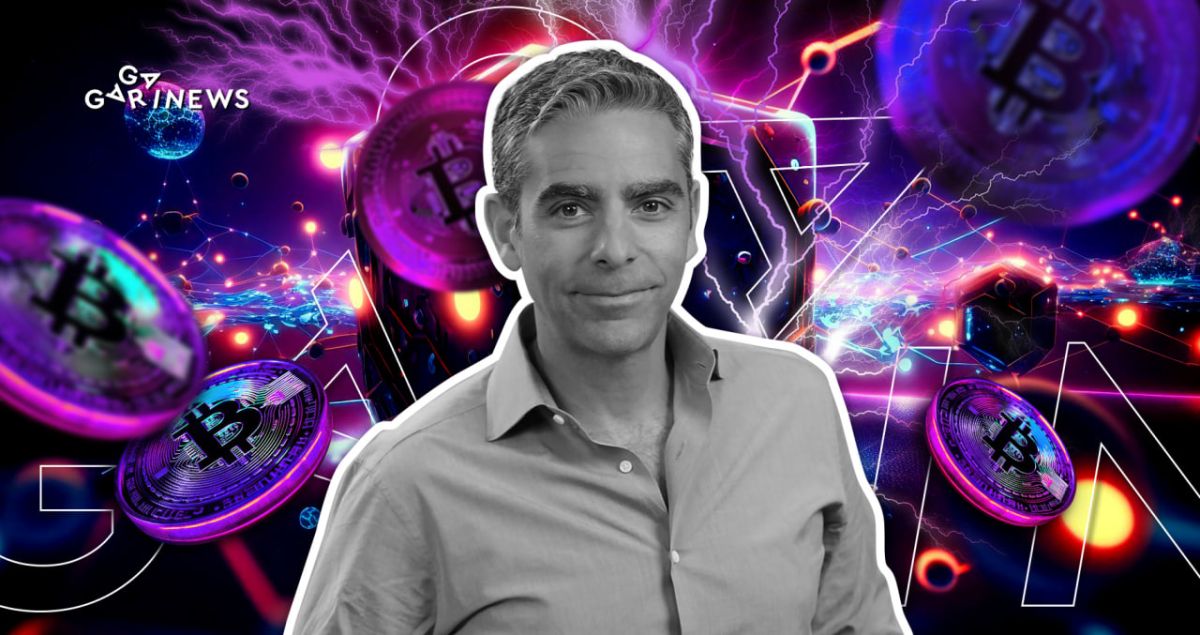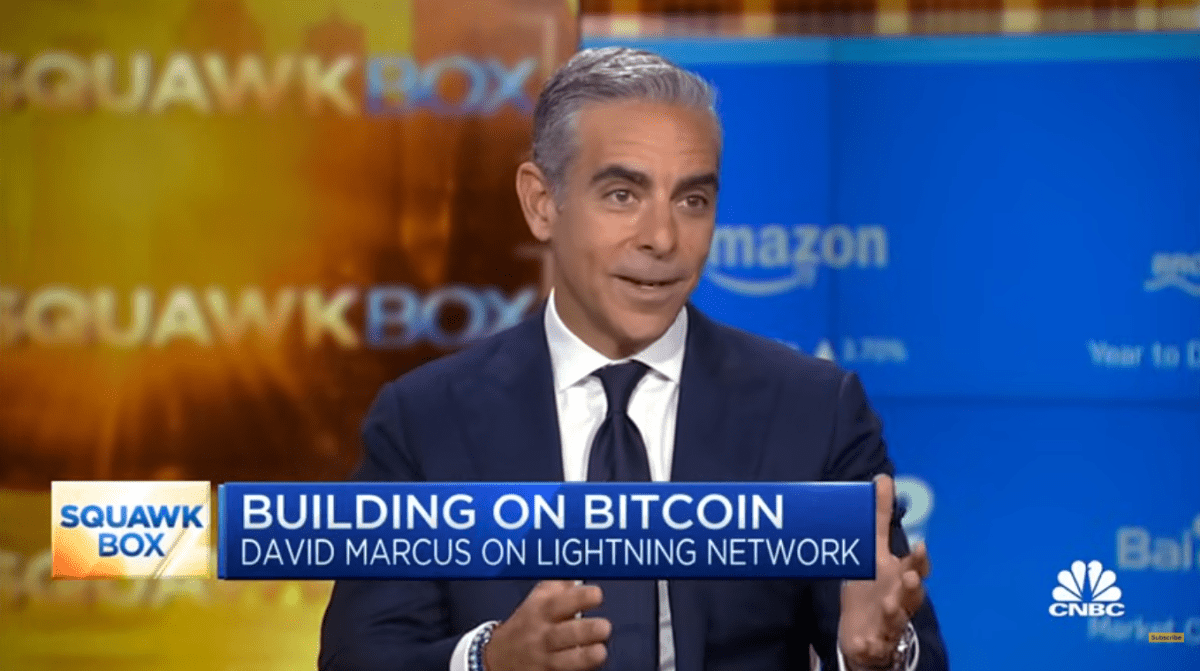Lightning Network and BTC: The Future of Global Payments

While the world remains engrossed with Bitcoin's market rallies, David Marcus and the team at LightSpark are looking at the bigger picture. Their ambitious endeavor to turn BTC into a global payment network could reshape our views on money, borders, and financial inclusivity.
David Marcus is a heavy-hitter in the ever-evolving fintech realm. He currently serves as the CEO and co-founder of LightSpark, a Bitcoin-focused payment startup anchored in the Lightning Network. A former PayPal president, previous head of Facebook Messenger, a board member at Coinbase, and the initial leader of Libra (a crypto project spearheaded by Mark Zuckerberg), Marcus is now poised to revolutionize the crypto transaction world with LightSpark.
At the core of his vision is the Lightning Network, an L2 scaling solution tailored for Bitcoin's blockchain. Marcus aspires to make Bitcoin transactions faster, more scalable, and ultimately more available to people worldwide. In a recent interview, Marcus accentuated the need to evolve BTC into a real global payment network, highlighting the glaring inefficiencies of the prevailing international money transfer mechanisms.
Picture this: you're in a bustling metropolis, amidst tourists from all around the world. Connecting with any of them is as straightforward as sharing email addresses, phone numbers, or even social media handles. But when it comes to transferring money, the process isn't so fluid.
We're still in the fax era of Global Payments, and that's what we're attempting to solve,remarks David Marcus.
Services like Venmo (a 2009 initiative by PayPal) have undeniably made peer-to-peer transactions more user-friendly within their ecosystems. However, the real conundrum lies in cross-border transactions. Marcus astutely observes that the internet lacks a universal protocol for monetary exchanges, hindering efficient cross-border transfers. This predicament impacts tourists, expatriates, and anyone navigating the realm of international finance.
So, what's the antidote? Marcus envisions the Lightning Network as the go-to universal protocol for online financial transactions. Users would have the flexibility to transmit and receive any fiat currency – be it dollars, Japanese yen, or euros, with the Lightning Network serving as the primary transactional layer. It promises speed, affordability, and unrestricted access.

David Marcus: Transforming our understanding of BTC. Source: Youtube
Marcus's vision for Bitcoin aligns with transforming it from merely a “store of value” to a genuine medium of exchange. He suggests thinking of Bitcoin not just as an asset, but as a fundamental layer on which a new paradigm of value can be built. Just as the internet allows us to exchange packets of data, the Lightning Network can enable the seamless transfer of monetary value across borders using Bitcoin fragments.
There's no Universal protocol for money on the internet that actually enables value to be transported to through the internet,underscores David Marcus.
When questioned about Bitcoin's notorious volatility, Marcus argues that its real merit isn’t in amassing it but in employing it as an effective channel for fluid global transactions. The possibility of directing trillions of dollars through this platform without relying on traditional banking channels is, in his view, compelling.
Recommended

